Small businesses depend on prompt payment, so we have come up with 7 top tips to get paid faster!
1. Discuss payment terms before you get started
Getting this sorted upfront means that there is no confusion down the track. It also sets the client’s expectations around payment before you start the work.
2. Keep detailed records of materials used and time spent
This saves time when it comes to creating the invoice and makes sure you don’t miss anything. It also means if things are going over budget you can let your client know, instead of sending them an expensive surprise at the end of the job.
3. Make the invoice clear and easy to understand
List the details of the job in a way that makes sense to the client – any confusion could create a payment lag. It’s also good to personalise your invoice with your business logo – it helps carry on the professionalism of your work.
4. Set appropriate payment terms
Many invoices are paid after the due date, so if you need the money in your bank within 14 days, set your payment terms to 7.
5. Address the invoice to the person paying
Make sure your invoice goes straight to the person who makes payment to avoid getting lost in someone else’s inbox. If you’re unsure exactly who that is, give them a call – it pays to know the person paying the bills.
6. Invoice as soon as possible
Send your invoice as soon as possible; the sooner a client receives an invoice the sooner they will make payment. It also means they will receive it when the value of your work is still fresh in their mind.
7. Keep on track with debtors
The squeaky wheel gets the oil. When things become overdue send reminders, monthly statements or make a phone call. It will help remind your client that you are serious about getting the invoice paid. Some accounting software sends you an update when the invoice has been opened.
Adjust invoice payment terms to suit you
Being a small business owner often means you’re short on time, but it’s worth making the effort to get your invoicing set up properly. Having a process that helps streamline invoicing can drastically reduce the amount of time you spend collecting your hard earned money. And that’s got to be great for your business.
Download our free checklist – 10 step-invoice-checklist-to-get-paid-faster
Other Blogs that may be of interest
5-common-bookkeeping-traps-that-will-cost-you-money
The ins and out of being-a-contractor
Get a better tax refund from the ATO or reduce your tax bill





